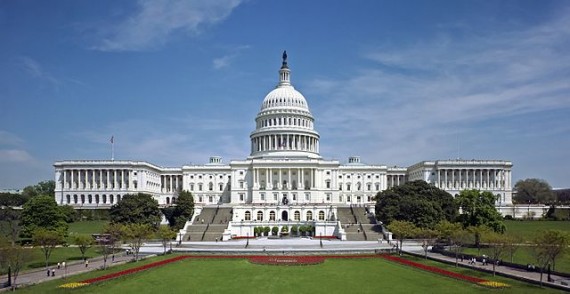
Democrat vote totals don’t amount to election gains in representation in House of Representatives showing you can lose an election despite leading vote
Ballot Access News written by election expert Richard Winger had a post about the highly unusual circumstance of one party winning more votes nationally for the US House of Representatives but still ending up with a loss. Apparently, there is some precedent for this but it is not something that reflects a functioning election system.
Some analysts have already looked at the U.S. House elections from last week’s election, and determined that Democratic candidates received more popular votes than Republican candidates. Yet, it appears most likely that Republicans won 235 seats and Democrats only won 200 seats. There are still six seats in which the results aren’t final, but Democrats are leading in five of them, so it has been assumed that those candidates who are currently leading will win.
Prior to 2012, there have been only three other congressional elections in the last hundred years in which one major party won more popular votes for U.S. House, yet the other major party won more seats. They were 1914, 1942, and 1952. Data on the number of seats won is from the Clerk of the U.S. House of Representatives, and from reference books written by Professor Ken Martis, and also the various authors of America Votes, including Rhodes Cook. Data on the number of popular votes received by each party is from my own research. In states with disaggregated fusion, the figures for major parties do not include the popular votes received on minor party lines in support of major party nominees.
Leave a Reply